Amazfit Bip review: A $79 smartwatch that does it all
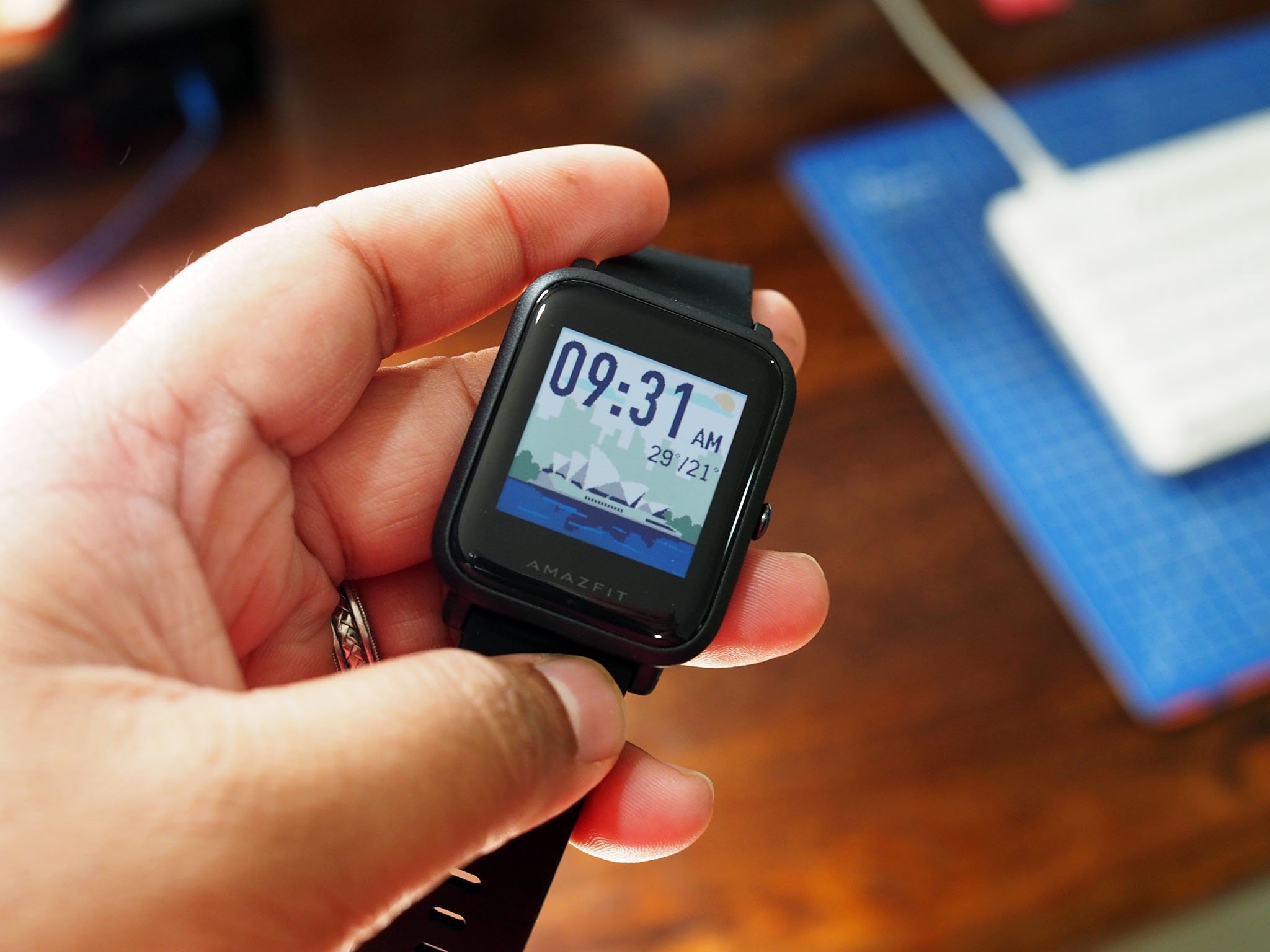
Get the latest news from Android Central, your trusted companion in the world of Android
You are now subscribed
Your newsletter sign-up was successful
The smartwatch segment is in continual decline, and although Qualcomm announced the Wear 3100 platform, we haven't seen mainstream brands like Motorola or LG launch devices powered by the chipset yet. Wear OS in general is looking more and more like it is about to fade away into irrelevance, but it's not the only option available if you're in the market for a wearable.
Fitbit makes a range of fitness trackers and smartwatches that do a decent job of mirroring notifications to your wrist, and in recent years Xiaomi has gained a lot of momentum in this segment thanks to the affordable Mi Band. The Mi Band is currently in its third generation, and it's safe to say that the fitness tracker is one of the best value-for-money wearables you can buy today.
For $30, the Mi Band 3 offers an OLED panel, heart rate monitor, automatic activity tracking, and two-week battery life. The fitness band is manufactured by Huami, which is the same company that makes Amazfit smartwatches. That's what makes the Amazfit Bip such an exciting product: it carries Xiaomi's ethos while delivering a new set of experiences.
Pros:
- Great value for money
- Sunlight legibility is good
- Comfortable fit
- Excellent battery life
Cons:
- Non-actionable notifications
- Doesn't track all workouts
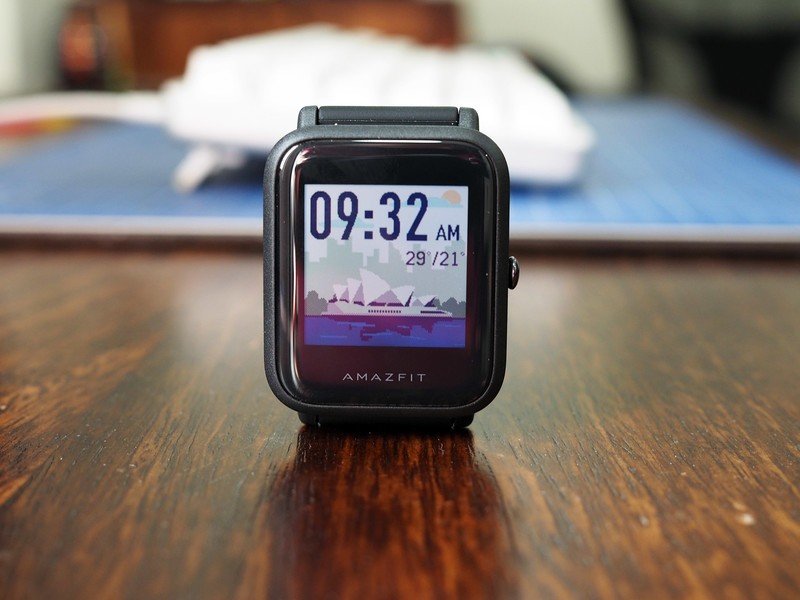
Amazfit started out three years ago as Huami sought to branch out into the smartwatch segment, and is headquartered in Mountain View. Its products are available officially on Amazon in the U.S. as well as a host of other markets, and like Xiaomi's wearables, the trait that makes Amazfit's smartwatches stand out is affordability.
Coming to the watch itself, the Amazfit Bip is made out of polycarbonate with a 2.5D curved display backed by a layer of Gorilla Glass 3. You get a soft rubber removable strap in the box, allowing you to switch out the default band for more colorful options (it uses standard 20mm lugs). The 1.28-inch display has a resolution of 176 x 176, and you also get a heart rate sensor, Bluetooth 4.2 LE, built-in GPS, IP68 dust and water resistance, and incredible 30-day battery life.
Get the latest news from Android Central, your trusted companion in the world of Android
The design of the Bip is very similar to that of Pebble, but where Amazfit wins out is in delivering value. Retailing for just $79, the Bip doesn't have a whole lot of competition. The watch itself is very lightweight at 32g, and it doesn't feel uncomfortable to wear throughout the day.
The Amazfit Bip is the spiritual successor to the Pebble.
The best part about the Bip is that it connects to Xiaomi's Mi Fit app for notification syncing and tracking your daily activity. The Bip does a great job mirroring content to your wrist, but unlike Wear OS, the notifications aren't actionable. The Bip doesn't offer much in the way of third-party app support, but you do get the option to choose from various watch faces from within Mi Fit.
The built-in GPS allows the Bip to accurately map activities like walking, cycling, or running, but you have to manually enable the workout from the watch itself. There's also no option to track swimming although it has an IP68 rating. On the plus side, you get a heart rate sensor and sleep tracking.
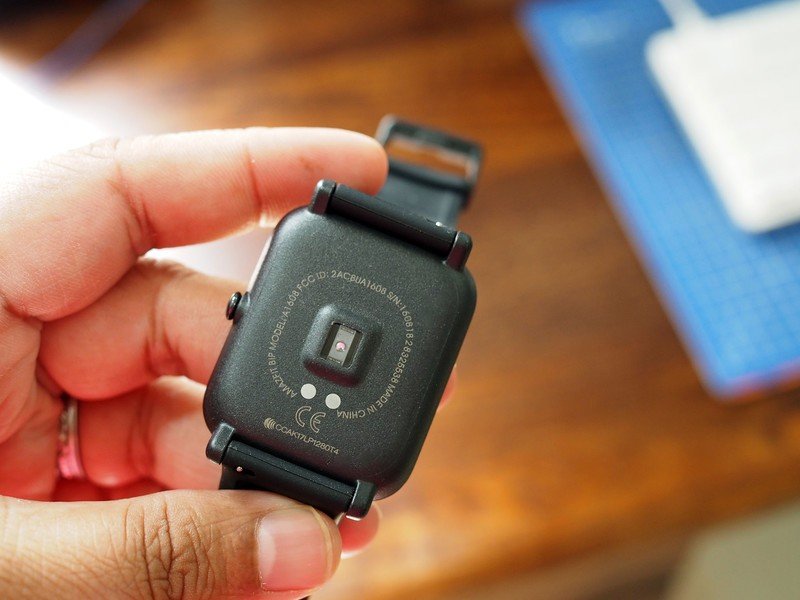
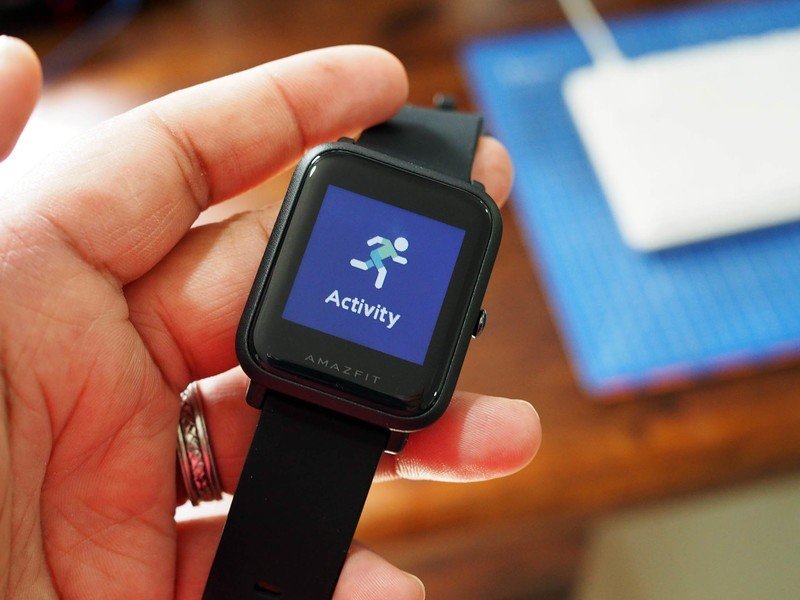
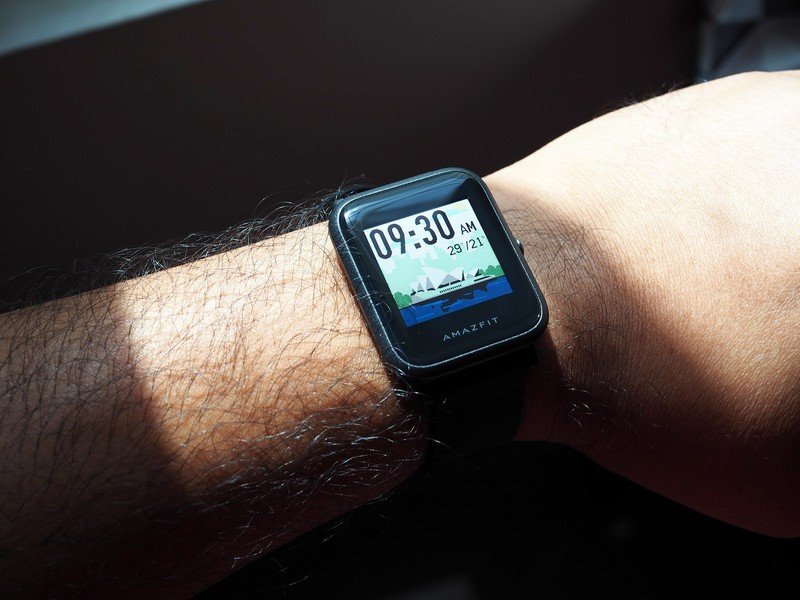
What sets the Bip apart from other smartwatches is the battery life. Amazfit quotes a 30-day battery life between charges, and that holds up in real-world usage. I've only had to charge the smartwatch once in over a month's worth of constant use, and while the display isn't as vibrant as what you get on Wear OS smartwatches, it is easily legible under harsh sunlight.
It's not difficult to get your hands on the Bip as the smartwatch is officially available in the U.S., UK, and India. The Bip is available for $79 in the U.S., and you'll have to shell out £64.99 ($85) to pick it up in the UK. In India, the Bip is sold officially on Flipkart, where it is available for ₹5,700 ($78).
4.5 out of 5
If you're looking for an easy way to mirror notifications and calls from your phone onto your wrist, the Bip is the ideal smartwatch for the job. The amazing battery life alone justifies the cost, and you get an array of features that includes a heart rate sensor, IP68 rating, and GPS connectivity.

Harish Jonnalagadda is Android Central's Senior Editor overseeing mobile coverage. In his current role, he leads the site's coverage of Chinese phone brands, networking products, and AV gear. He has been testing phones for over a decade, and has extensive experience in mobile hardware and the global semiconductor industry. Contact him on Twitter at @chunkynerd.
